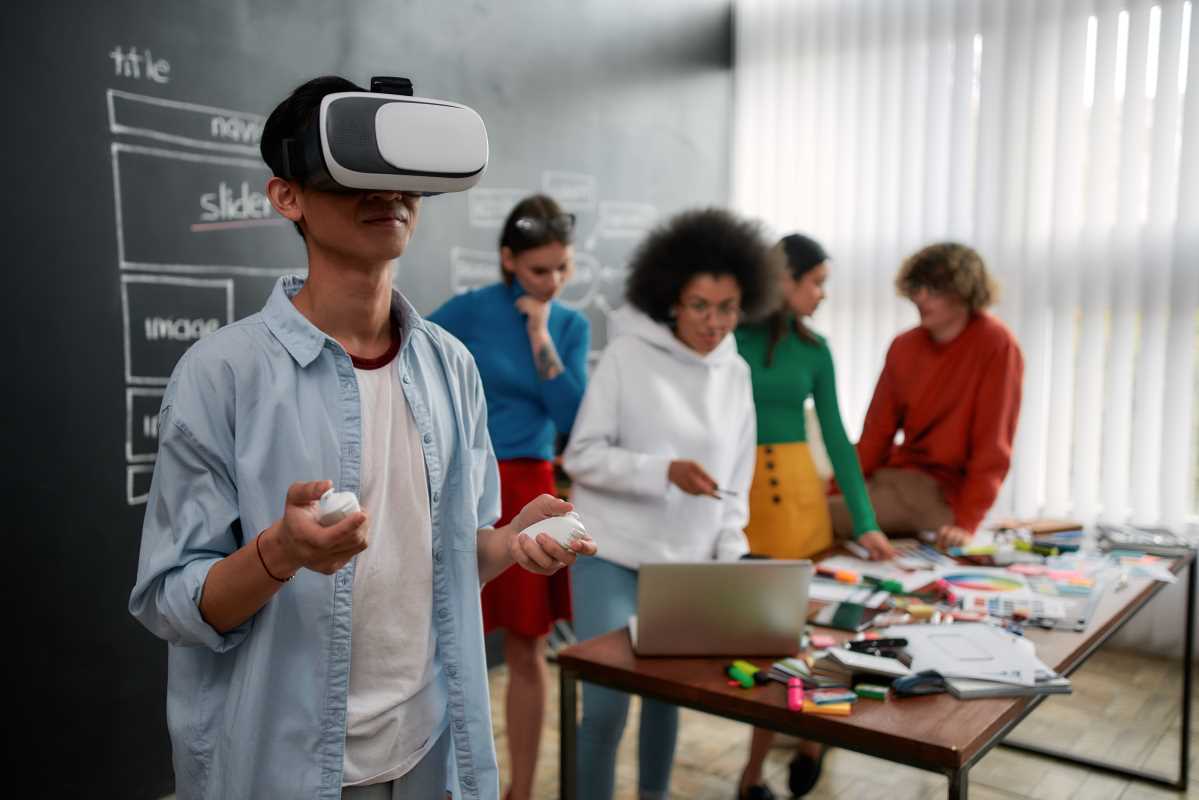Imagine crafting a personalized toolkit designed just for your educational journey. That’s what building a personal learning ecosystem is all about. It gives you the freedom to shape your learning path according to your specific needs, interests, and ambitions. As knowledge continues to grow and change, this customized approach supports you in staying organized, inspired, and efficient in your studies. Whether you want to deepen your expertise in a particular subject or explore new areas of interest, having your own learning ecosystem empowers you to take charge of your education and adapt to the ever-evolving world of information.
By integrating various tools and resources, you enhance your learning process, making it more engaging and efficient. Whether you tackle high school subjects, explore new hobbies, or prepare for college, a well-designed learning ecosystem supports you every step of the way.
Understanding Your Learning Needs
Before diving into the tools and resources, understanding your own learning needs proves essential. This self-assessment helps you identify what works best for you and which areas you might need to focus on improving.
- Learning Style: Are you a visual, auditory, or kinesthetic learner?
- Goals: What are your short-term and long-term educational goals?
- Strengths and Weaknesses: Which subjects or skills do you excel in, and which ones require more attention?
- Time Management: How much time can you realistically dedicate to learning each day or week?
- Resources Available: What tools, technology, and support systems do you already have access to?
Essential Tools for Learning
- Note-Taking Apps: Tools like Evernote or Notion help you organize your notes, ideas, and research all in one place.
- Learning Management Systems: Platforms such as Google Classroom or Canvas provide structured environments for managing assignments and tracking progress.
- Educational Apps: Apps like Khan Academy or Quizlet offer interactive lessons and flashcards to reinforce your understanding of various subjects.
- Time Management Tools: Trello or Todoist can help you plan your study schedules and keep track of deadlines.
- Communication Platforms: Tools like Slack or Discord facilitate collaboration and discussion with classmates or study groups.
- Digital Libraries and Resources: Access to Google Scholar or Project Gutenberg provides a wealth of information and reading materials at your fingertips.
- Mind Mapping Software: Programs like MindMeister or XMind assist in visualizing complex concepts and brainstorming ideas.
- Language Learning Tools: Apps such as Duolingo or Rosetta Stone serve well for picking up new languages.
Organizing Your Learning Ecosystem
Keeping your personal learning ecosystem organized proves crucial for maximizing its effectiveness. Start categorizing your tools based on their functions, such as note-taking, scheduling, or resource gathering. Use folders and tags to keep everything easily accessible and related materials grouped together.
Create a central dashboard where all your tools can be accessed from one place. This might involve linking various apps and platforms through a single interface or using a comprehensive tool like Notion to integrate multiple functions. A well-organized learning ecosystem saves time and reduces the stress of searching for resources, allowing you to focus more on learning.
Staying Motivated and Consistent
Maintaining motivation and consistency can pose challenges, but with the right approaches, you can stay on track. Set clear, achievable goals and break them down into smaller tasks. This makes your objectives less daunting and gives you a sense of accomplishment as you complete each step.
Incorporate variety into your learning routine to keep things interesting. Mixing different types of activities, such as reading, watching videos, and hands-on projects, prevents boredom and keeps your mind engaged. Reward yourself for reaching milestones to maintain a positive attitude towards your studies.
Evaluating and Adapting Your Ecosystem
Regular evaluation of your learning ecosystem proves essential to ensure it continues to meet your needs effectively. Take time to reflect on which tools work well and which ones might hinder your progress. Gather feedback from teachers, mentors, or peers to gain different perspectives on your setup.
Be open to making changes and experimenting with new tools or techniques. Flexibility remains key to a successful learning ecosystem. If you find that a particular app no longer serves its purpose or if your learning goals shift, replace it with something more suitable. Continuous adaptation ensures your ecosystem evolves alongside your educational journey, leading to better learning outcomes.
Designing a personal learning ecosystem tailored to your individual needs and preferences changes the way you learn. By understanding your learning needs, integrating essential tools, staying organized, maintaining motivation, and continuously evaluating your setup, you set yourself up for academic success and lifelong learning.







